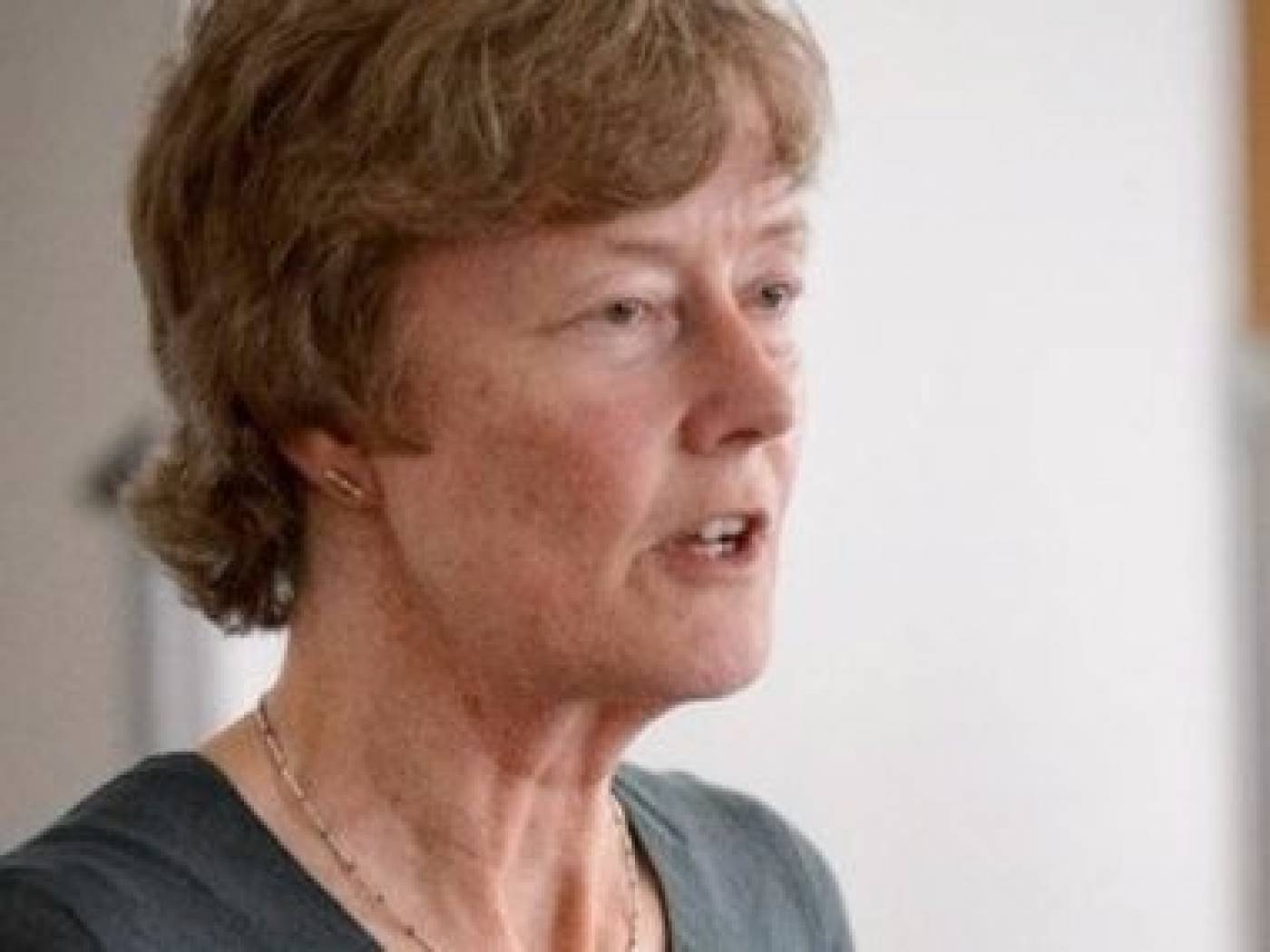UCL's radical approach to economics teaching sparks a global trend
19 September 2017
A new approach to teaching economics in universities and pioneered at UCL is spreading throughout the world and has earned plaudits from commentators, academics and students.
 Anyone anywhere in the world has access
for free to the ebook The Economy
produced by a global collaboration of economists. This month, to complement the
free ebook, Oxford University Press will publish a physical book.
Anyone anywhere in the world has access
for free to the ebook The Economy
produced by a global collaboration of economists. This month, to complement the
free ebook, Oxford University Press will publish a physical book.
The new method known as CORE teaches the tools of economics by beginning with contemporary economic problems including inequality, climate change, the future of work, and financial stability. Courses based on CORE are now taught in top universities including Sciences Po, the Toulouse School of Economics, Middlebury College, Humboldt University, Stockholm University, the University of Sydney, the Lahore University of Management Sciences, the University of Chile, and many more. More than 4,000 university teachers worldwide have registered for access to the teaching resources.
It all began less than five years ago after the global financial crisis amid student dissatisfaction with economics curricula. Students felt the traditional economic theories and models that they were being taught in class did not resonate with the economic realities surrounding them. Not only had there been a financial crisis and global recession, but also inequality was rising, and productivity growth had slumped.
UCL's Wendy Carlin, Professor of Economics at UCL Economics, convened a small meeting of economists in Cambridge, Massachusetts in January 2013. Her goal was to canvas interest in a collaborative project to develop teaching material that synthesised the best of current economic knowledge applied to contemporary issues, and problems.

The resulting project - called CORE, or the Curriculum Open-access Resource for Economics - was launched in November 2013 at the Treasury in London. It is an open-access, comprehensive, free digital curriculum for beginning students, that aims to be responsive to what students themselves are interested in, and what they are curious about.
Rather than keeping to traditional topics such as supply-and-demand curves and consumer preferences and taking for granted perspectives such as the benefits of trade and the free market, CORE incorporates some of the developments in thinking that economists have made over the past few decades - particularly as they apply to more complex situations. It tackles head-on issues such as inequality, and has a marked focus on technological innovation, the information economy, globalisation, the environment, and economic crises.
Professor Carlin said: "CORE breaks new ground in three ways - in content, authorship, and multi-format publishing. Responding to the disenchantment of students drawn to the subject by their concern to understand what is happening in the world, CORE introduces them to the best practice in economics today - as a social science addressing important economic and social problems. We have produced a text that reads with one voice but is the work of more than 20 researchers around the world, with contributions from hundreds more. And we have pioneered the publication of a digital-first interactive text available in multiple formats from the same source."
It has won praise among commentators. Writing in the New Yorker, John Cassidy observed that the team had "produced a careful but engrossing curriculum that will hopefully draw more young people into economics, and… will also reward the attention of general readers." Philip Aldrick in The Times predicted: "CORE promises to be the biggest shake-up since Paul Samuelson's Economics became the standard bearer for introductory texts in 1948."
UCL was among the first universities in the world to pilot the CORE course for introductory economics, in the academic year 2014-15. Students responded very well. Not only was there an increase in student satisfaction, but when the second year grades of students who had been taught using CORE in the first year were compared with the previous cohort (taught using a traditional economics course in their first year), it was found that CORE students performed markedly better.
Commenting on the curriculum, Adam Nadzri, a second year student at UCL, said: "Before CORE, I assumed all economists would wind up in banking or finance. I realised that the job scope of an economist stretches beyond that. CORE is an excellent book if you want to know more about how economics is relevant in everyday life. It tackles the fundamentals, but also the issues we are interested in like the global financial crisis."
Aside from the renewed approach to content, another aspect that makes CORE different is the way that material has been collected - it takes a more collaborative approach to instruction. To author The Economy, a team of about twenty scholars across the world have joined forces to produce a textbook that, notwithstanding the range of authors, is coherent and internally consistent.
The way the textbook has received input from different specialists across the world is reflective of the programme's current reach. The Economy has been translated into French, Italian and Spanish, with translations into Farsi, Hindi, and Russian in preparation. An author team is also preparing a South Asian adaptation, which will include tailored examples and additional region-specific context.
The Research Excellence Framework 2014 ranked UCL Economics the top department in the UK in the field of economics and econometrics as well as the top department in any field in any university in the UK. In the 2016 intake, there were ten applications per place on the undergraduate UCL Economics BSc. Since 2015, CORE has been based at UCL. CORE's central programme can be accessed via the web links, below.
Links
Image
- New York Goldman Sachs (credit: americans4financialreform, source: Flickr)
 Close
Close

